
by Katharine Lake Berz | 31 Aug 2023 | Europe, Human Rights, Nationalism, Politics
With an influx of migrants over the past decade, Germany is reconciling to rapidly changing demographics. The idea of German identity is evolving. A woman holds a German flag high. Photo illustration by News Decoder. This article was produced exclusively for News...
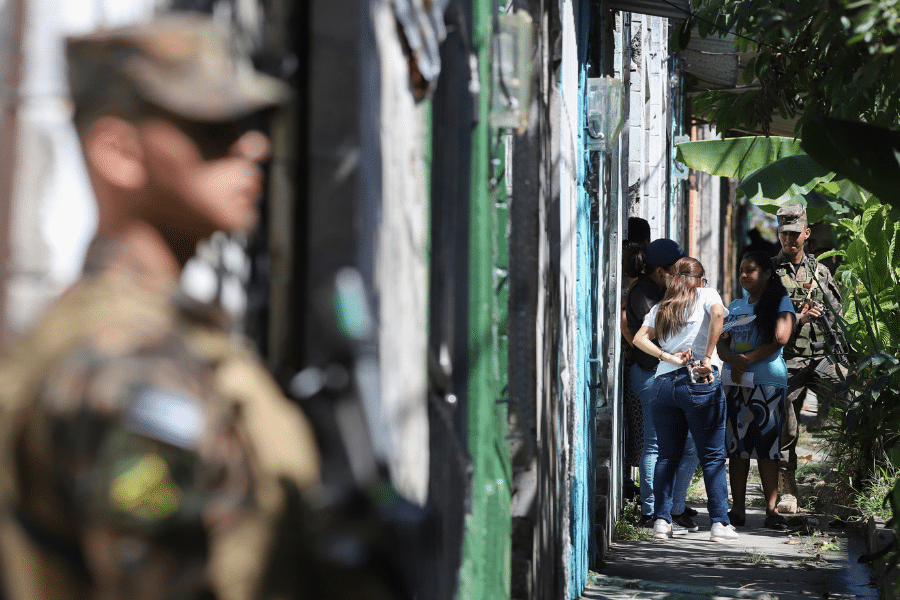
by Martin Langfield | 14 Jul 2023 | Americas, Decoders, History, Human Rights
How can a nation whose history is steeped in war and repression break free of violence? Salvadoran Army soldiers patrol in the La Campanera neighborhood in Soyapango, El Salvador, Friday, Jan. 27, 2023. In March 2022, El Salvador suspended some constitutional rights...
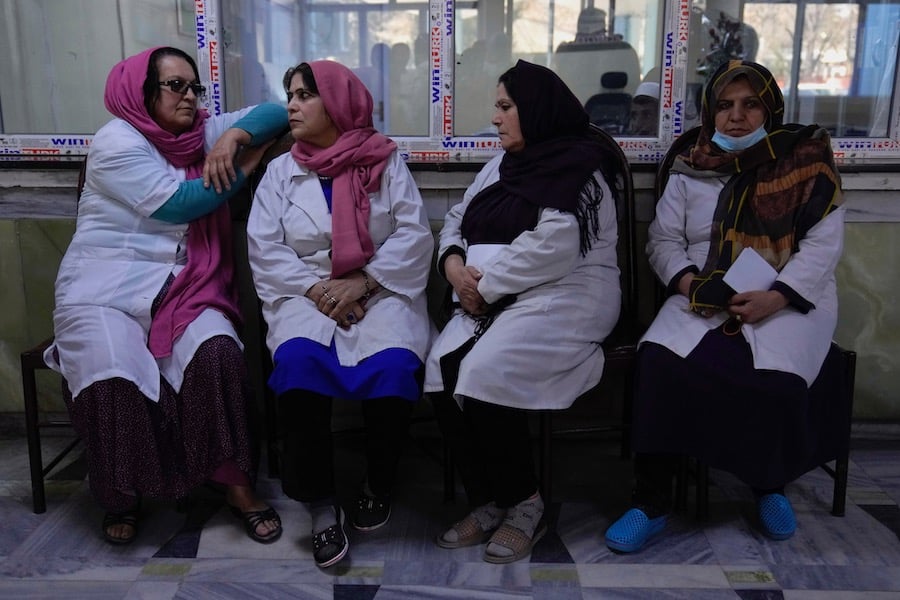
by Rafiullah Nikzad | 9 Jun 2023 | Asia, Educators' Catalog, Health and Wellness, Human Rights, Women
The Taliban are pressuring female nurses in Afghanistan to quit, further intensifying a medical and humanitarian crisis there. Afghan nurses wait to receive their salaries outside an administrating office at the Indira Gandhi Children’s Hospital, in Kabul,...
ND writer Rafiullah Nikzad shares the perspective of female nurses in Afghanistan, who are being pressured to quit the profession in large numbers. With the Taliban in power, Afghan women are facing growing limits to freedom and choice — with significant humanitarian consequences.
Exercise: This article hones in on a specific country and profession, serving as a case study of gender inequality in Afghanistan. Read the article together as a class, then discuss how issues of gender inequality affect your local community. Have students take a look at these infographics from UN Women to spark discussion. Which statistics are surprising? What are some actions that may be implemented in your local community (school, city, country) to achieve gender parity?

by Sabria Streett | 24 May 2023 | Contest winners, Human Rights, Student Posts, Tatnall School, Youth Voices
When you take a close look at the global problem of human trafficking, it turns out to be a lot closer to home than you might expect. Photo illustration: News Decoder This article, by high school student Sabria Streett, was produced out of News Decoder’s school...
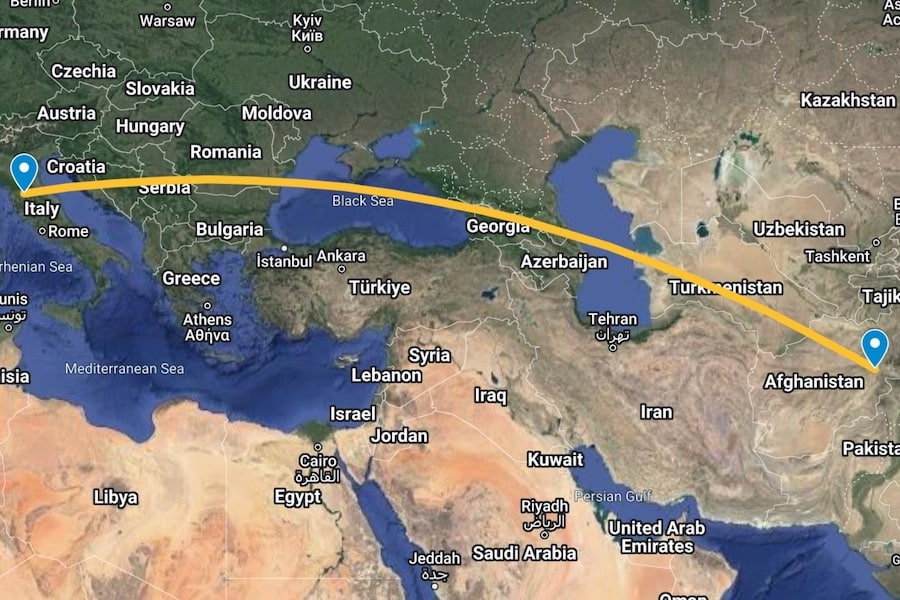
by Keya Dutt | 23 May 2023 | Asia, Human Rights, Journalism, School Year Abroad, Student Posts, Youth Voices
For Parisa Haidari, staying alive after the Taliban came to power meant leaving journalism. But that wasn’t enough. Parisa Haidari made her way more than 3,100 miles from Afghanistan to Italy. This article, by high school student Keya Dutt, was produced out of...
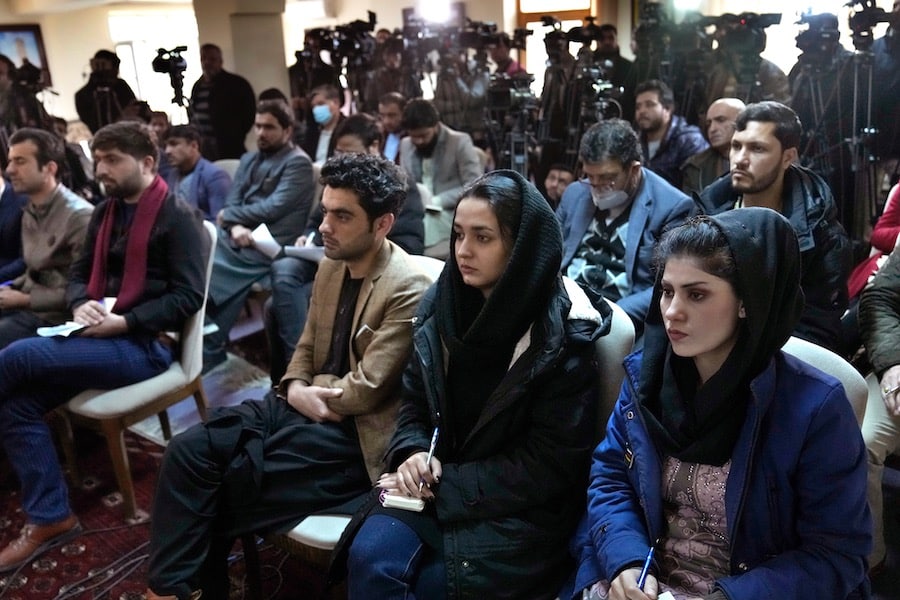
by Rafiullah Nikzad | 12 May 2023 | Asia, Educators' Catalog, Human Rights, Journalism
For 20 years Afghan journalists could report without fear or favor. With the Taliban in control they are out of favor and under intense fear. Many have fled. Afghan journalists attend a press conference of a former president Hamid Karzai in Kabul, Afghanistan, 13...
Guest writer Rafiullah Nikzad shares his experience as a journalist forced to flee Afghanistan after the Taliban retook control in 2021. This article underscores the importance of a free press, in line with News Decoder’s mission to amplify voices that are under-reported and under-heard.
Exercise: Read the article together as a class, then launch a discussion on the importance of a free press. What does independent journalism bring to a country? Why might some governments seek to censor what is published? What are the social, political, economic and legal frameworks that underpin a free press? Have students investigate the level of press freedom in your country, using the Press Freedom Index from Reporters Without Borders. You may consider having students conduct a comparative analysis of several country case studies.
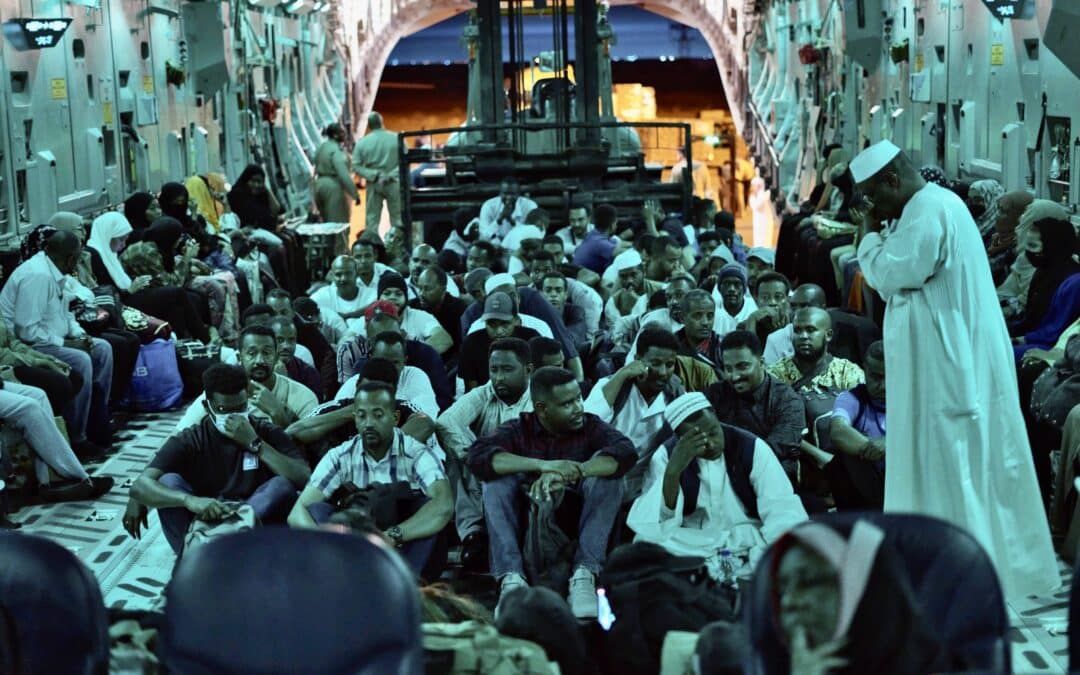
by Jessica Moody | 10 May 2023 | Africa, Decoders, Educators' Catalog, Human Rights
Sudan is surrounded by unstable nations. A humanitarian crisis could result in refugees flooding into countries ill-equipped to handle the crisis. 150 evacuees from Sudan on a relief flight returning to Qatar, 5 May 2023. (AP Photo/Lujain Jo) This article was...
Conflict in Sudan is causing a humanitarian crisis. Correspondent Jessica Moody decodes what’s going on in Africa’s third largest country with a look at the past, present and future implications of the conflict. Could what’s happening in Sudan expand throughout the region?
Exercise: In an exercise to grow students’ synthesis skills, have them read the article, then come up with their own headline for the text. Their headline should synthesize the most important takeaways from the article. As a follow-up, ask students to consider how this headline has changed as a result of reading the article. How does students’ view of the Sudanese conflict differ from what they would have said yesterday? (Exercise adapted from Ron Ritchhart’s Making Thinking Visible).

by Alfonso Silva-Santisteban | 20 Mar 2023 | Americas, Human Rights, University of Toronto Journalism Fellows
With the killing of six sex workers in Lima this year already, people are calling on the government to address the unequal treatment of transgender people. A group of transgender women protest outside the police station in downtown Lima, Peru. Since the beginning of...

by Harvey Morris | 27 Feb 2023 | Decoders, Educators' Catalog, Human Rights
The legacy of slavery still haunts the descendants of both perpetrators and victims. Some say reparations are long overdue. Protester calls for reparations for slavery at a rally at the Minnesota State Capitol, 19 June 2020. (Credit: Fibonacci Blue, CC-by-2.0.) The...
Historically, reparations are nothing new (i.e. Treaty of Versailles after World War I, 1988 Civil Liberties Act in the United States etc.). Correspondent Harvey Morris links past and present in an article about the contemporary consequences of slavery, and how some are trying to right past wrongs.
Exercise: After reading the article, have students imagine that your country is adopting a slavery reparations bill. Divide students into groups of four. In each group, have them discuss and write out the text for this bill. Each group should address: Who gets reparations? How are they funded? How much should be given and how often? (When) does the bill expire?
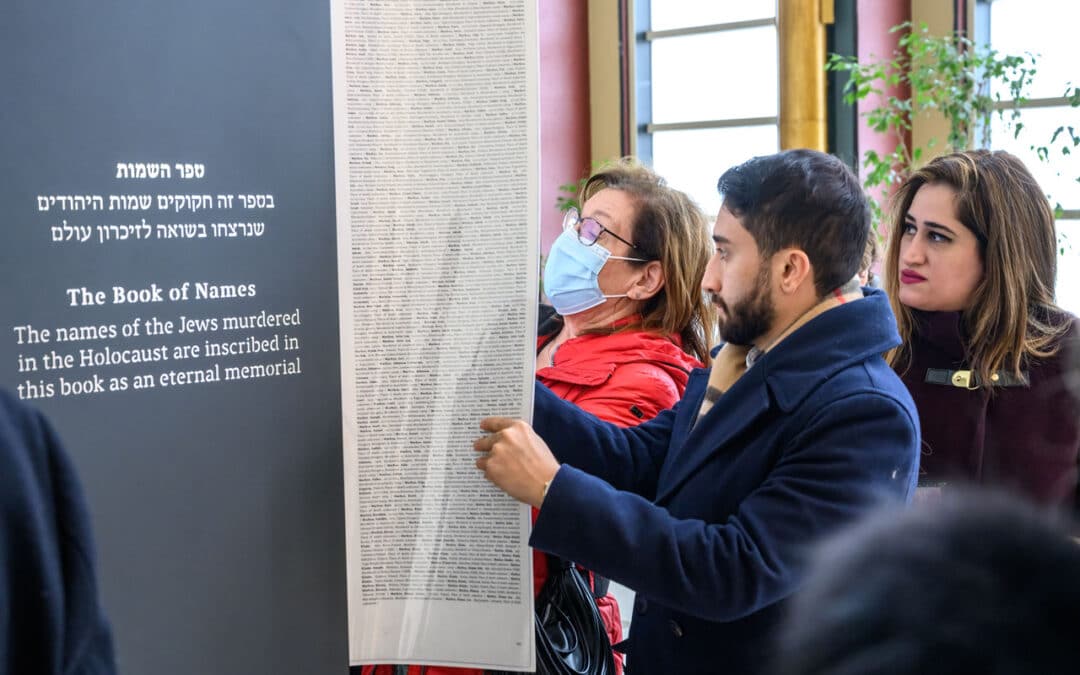
by News Decoder | 31 Jan 2023 | Human Rights, World
A yearly gathering of the UN General Assembly commemorates victims of the Holocaust and reminds us that we must work harder to keep hatred at bay. Attendants to the International Day of Commemoration in Memory of the Victims of the Holocaust look up the names of...










